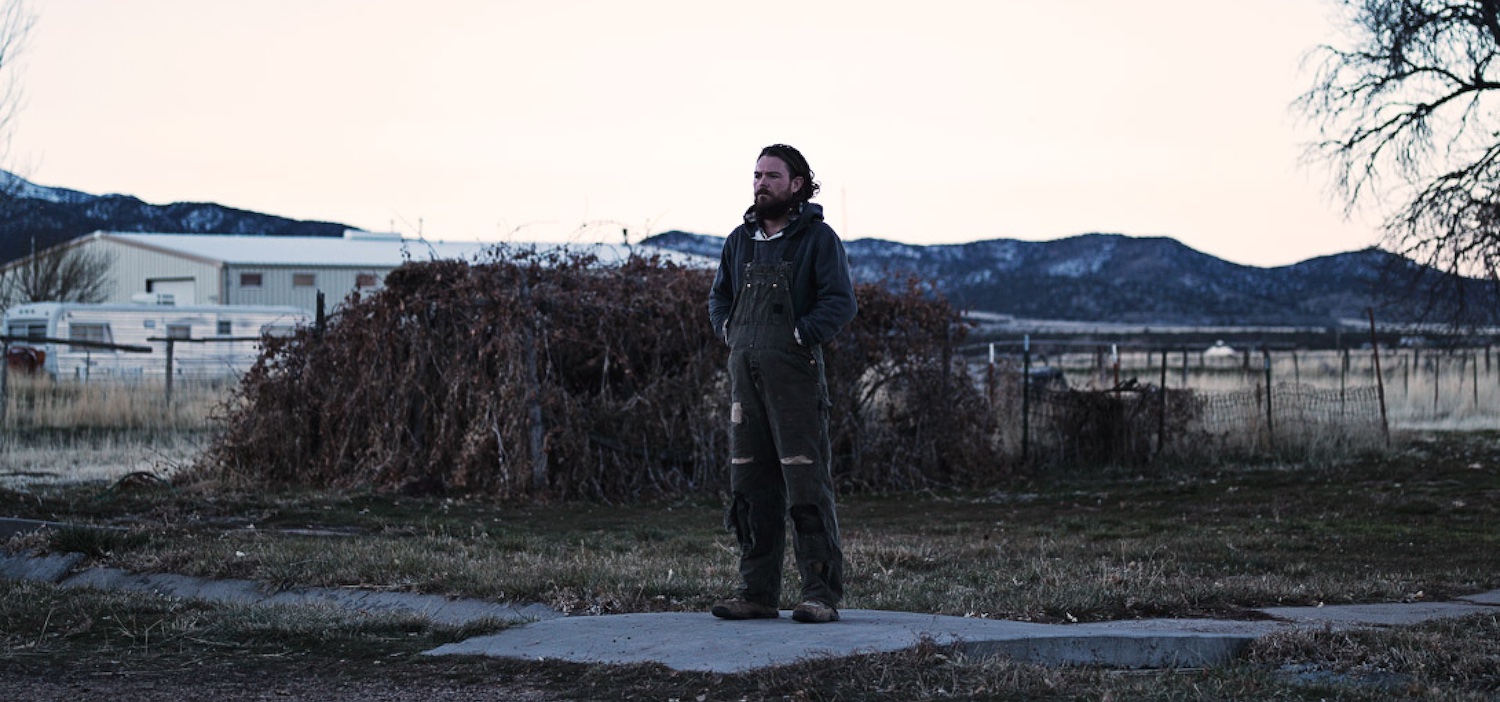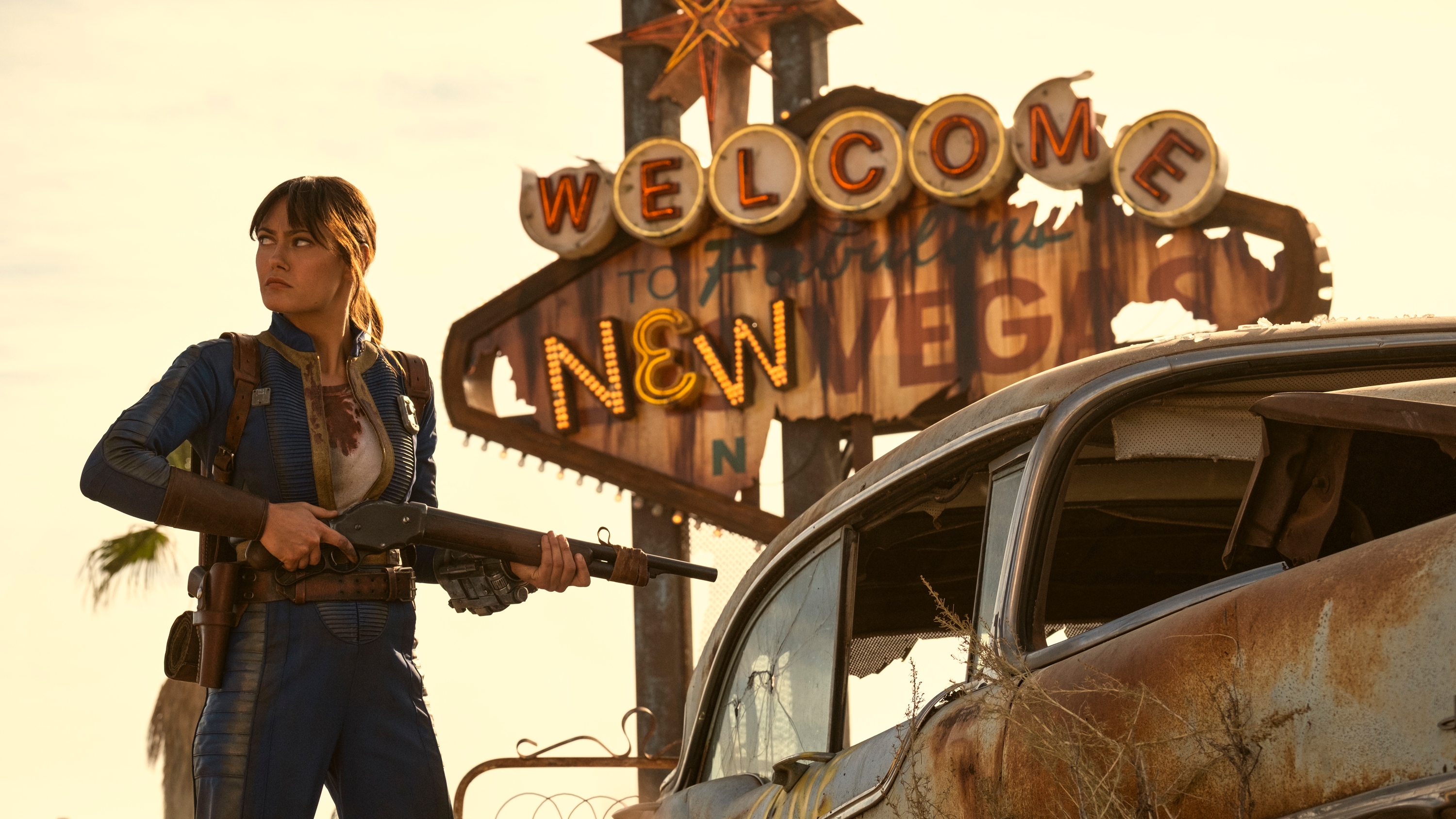What to Watch Verdict
Robert Machoian's relationship drama overplays its hand with a soapy title, but delivers a compelling story via great performances and hypnotic visuals.
Pros
- +
♥️ Crawford's performance as a conflicted but committed husband and father elevates the character to something more complex than just a cipher for toxic masculinity.
- +
♥️ Machoian's long takes and careful framing creates real suspense as audiences wait expectantly for the drama to unfold.
Cons
- -
♥️ The provocative title creates a somewhat unfair expectation for audiences that hangs over what's already a very interesting story.
The idea of a drama about two adults struggling with some very ordinary and relatable problems seems almost unimaginable in today’s current movie landscape — which is no doubt why Robert Machoian’s The Killing Of Two Lovers boasts such a soapy title. The problem, however, comes when it’s time to deliver on that title, which Machoian’s film doesn’t quite do, even though its depiction of a marriage in crisis and a husband in profound turmoil offers way more than enough to keep audiences captivated for its 85-minute running time. Machoian’s long takes and tableau-like framing further draw us into a story that proves compelling and emotional without need for much embellishment as Clayne Crawford gives us much to care about both before and long after a gun is aimed in order to exact its deadly purpose.
Crawford (TV’s Lethal Weapon) plays David, a husband wrestling with the discovery that his wife Nikki (Sepideh Moafi) has begun dating someone, a man named Derek (Chris Coy), during their trail separation. Moving in with his father, David reverts with depressing speed to the role he served in that household as a teen — not coincidentally, the same time that he and Nikki first got involved. But even as he tries his hardest to respect the agreement that they can date, David dreams constantly of a reconciliation, while agonizing over the potential loss of his four children, whom he already sees less frequently than he would like. Meanwhile, their eldest daughter Jess (Avery Pizzuto) already has begun to succumb to the stresses of their separation, simultaneously feeling pulled in two different directions while dealing with her own social aspirations and anxieties as the oldest child.
David continues to navigate his responsibilities as provider to the children, and his dedication to Nikki, while watching her appear to be moving on already — earning a promotion at work, and developing a bond with Derek. But as his life and hers seem to be moving not so slowly in different directions, David grows increasingly desperate to repair damage between them that happened over years and years of lived experience, that’s not likely to be solved in the limited time he feels before the window closes on their marriage.
Spoiler alert: that gun mentioned in the opening paragraph shows up in the opening scene, ticking like a timebomb for either David or someone else to use by the time the title card flashes again at the end of the film. Accompanied by exceptional work by sound designer Peter Albrechtsen, the moment sets a suspenseful tone over events that unfold like many, many stories of marital disharmony — two partners not finding an accord, seeking a way through while solving their own unhappiness and trying not to inflict too much long-term damage on their children. Its subsequent appearance later in the film further carries the weight of far too many tragedies involving disgruntled men and the women they blame for refusing or even betraying them. But Machoian skillfully manages to avoid making David a cipher for toxic masculinity, much less spousal abuse, instead creating a complex, mesmerizing portrait of a man juggling his consideration for his wife and children with his own fears and desires about being separated from them.
Crawford’s high school sweetheart is much more than a working-class, smalltown laborer; he recognizing Nikki’s needs and defends them to Jess, who desperately wants them to work things out (and perceives her mother’s dating as a betrayal), and later, rightfully scolds Nikki for framing his time with Jess as a punitive choice against her own adolescent social plans. He gets enraged; he digs his heels in and behaves stubbornly. But he also acts tenderly, confesses his feelings readily, and whether or not his aims are ultimately futile, he yearns to do whatever work is needed for them to make their marriage work. Machoian does a fantastic job of putting us in his shoes, as much when he’s thoughtful as when he’s behaving unsympathetically.
Moafi carries the burden of audiences knowing less about how committed Nikki is to the two of them working things out, especially after she starts dating Derek, who shifts from well-intentioned in his courtship to something more intrusive once she and David really begin to struggle with this new phase of their relationship. But Machoian, working with cinematographer Oscar Ignacio Jimenez, creates drama using long takes that mostly avoid close-ups, instead juxtaposing these characters with a flattened, brown landscape that gives them nowhere to run, especially not from their feelings. The length of the scenes and the distance between them and the camera creates a sense of uncertainty, and make it seem like things could escalate at any second — and there’s always that gun, stashed in David’s car to be drawn at a heightened moment.
In some sense this film feels like the opposite of A Marriage Story, about a divorce, since it focuses on two people theoretically trying to make their marriage work, but carries its more salacious title. But in a time when character drama often feels accelerated in order to get to the more provocative bells and whistles that bring audiences into theaters, Machoian’s film continues to forage a path for the subgenre occupied by titles like last year’s The Nest which use a lot of the cinematic language of more manipulative genres like horror in order to give subject matter we’d consider “ordinary” a little bit of extra spice, or to untether viewers from their expectations. And all of that is a very good thing: The Killing of Two Lovers occupies a small, very specific, possibly essential space in exploring the tough and sometimes troubling emotions of people in real situations. In fact, its main shortcoming is that it’s so compelling, murder isn’t necessary at all.
The latest updates, reviews and unmissable series to watch and more!
Todd Gilchrist is a Los Angeles-based film critic and entertainment journalist with more than 20 years’ experience for dozens of print and online outlets, including Variety, The Hollywood Reporter, Entertainment Weekly and Fangoria. An obsessive soundtrack collector, sneaker aficionado and member of the Los Angeles Film Critics Association, Todd currently lives in Silverlake, California with his amazing wife Julie, two cats Beatrix and Biscuit, and several thousand books, vinyl records and Blu-rays.


